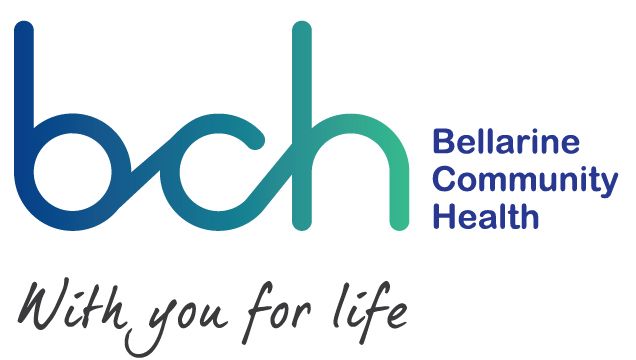
BCH calls for school meals program
Bellarine Community Health (BCH) has called on the Victorian Government to support a state-wide school meal program to reduce food insecurity in Victoria.
The call has been made in a submission by BCH’s Healthy and Connected Communities team to the Parliamentary Inquiry into food security in the state.
The inquiry is considering the impacts, drivers of and solutions for food security in Victoria, including the impact of food insecurity on physical and mental health, poverty and hardship, and the options available to lower the cost of food and improve access to affordable, nutritious and culturally appropriate food.
BCH believes a school meals program has the potential to address barriers to school food provision for many children and their families.
“School meals can lessen the impact of household food insecurity and support families by reducing the time burden, mental load and social pressures experienced when preparing school lunchboxes,” says BCH Healthy Communities Planner Pen Lynch.
“A nourishing balanced meal at school can provide children with what they need to grow, learn and thrive.”
There are many barriers for parents when it comes to a home packed healthy school lunch including packing foods that might spoil, keeping food warm, limited time for children to eat their lunch, the time to prepare a healthy lunch, cost factors for fresh or healthier foods and children’s requests to have easy-to-eat food or sugary snacks and drinks.
The BCH Healthy and Connected Communities team works in many education settings particularly across the Northern Bellarine and one of their focus areas is supporting young people to eat well.
There has been a notable increase in food security concerns in recent years with many food relief agencies reporting a dramatic increase in demand due to the current economic climate.
A state-wide school meal program provides a sustainable and equitable approach to support food-insecure families and an alternative to the current reliance on the food relief or food rescue sector.
“A universal school meal program would enable all students to have access to school provided meals, regardless of their socioeconomic background, and improve children’s nutrition and overall wellbeing,” says Ms Lynch.
In its submission to the Parliamentary Inquiry, BCH noted many examples of how school meal programs have been implemented across Australia and internationally, including the Tasmanian School Food Matters, School Lunch Program which receives ongoing funding from the Tasmanian Government.
The Legislative Council Legal and Social Issues Committee (LSC) will review all submissions and deliver a report in November this year.
You can learn more about BCH’s health promotion work in the community HERE.
Leave a reply